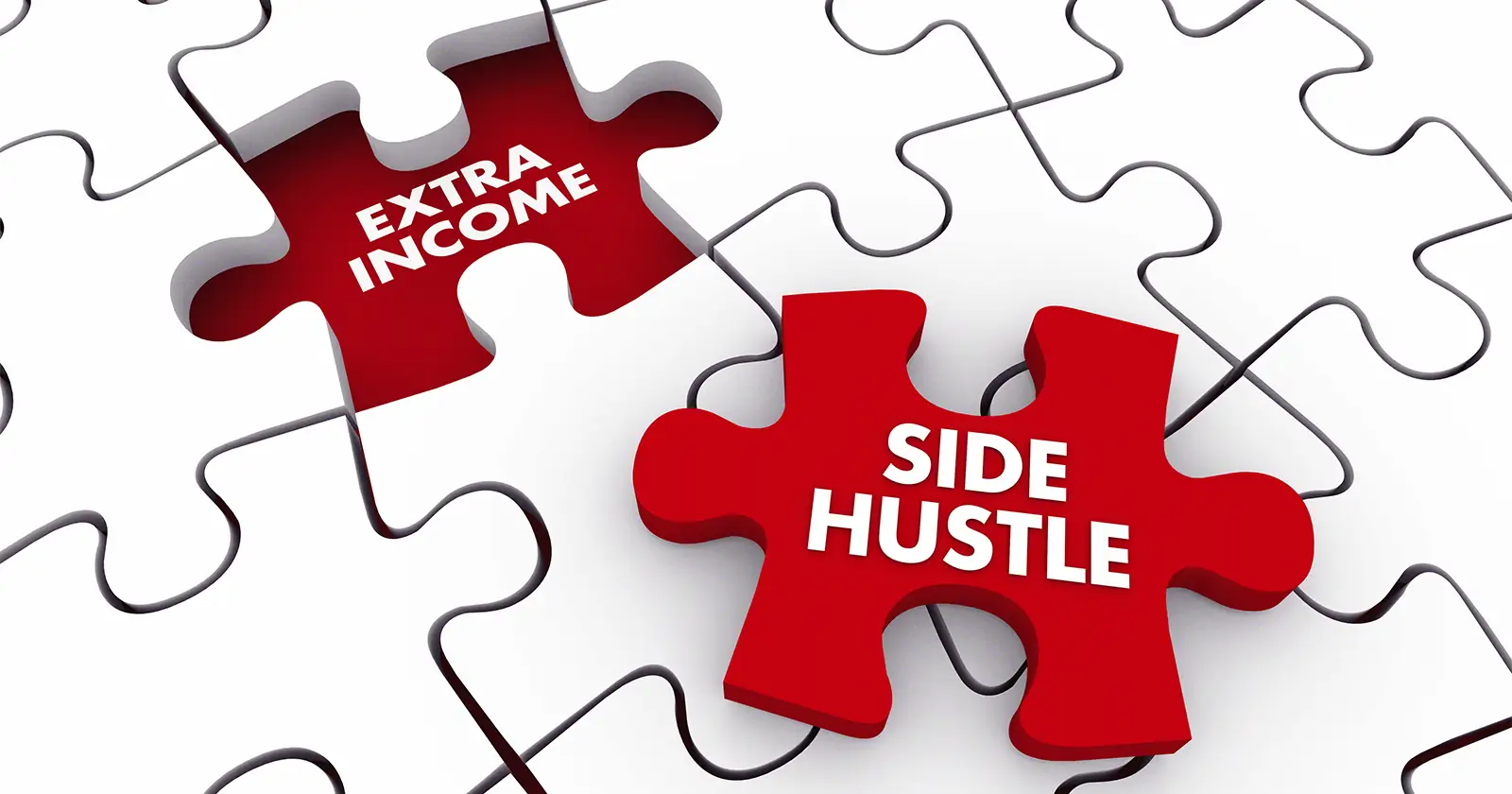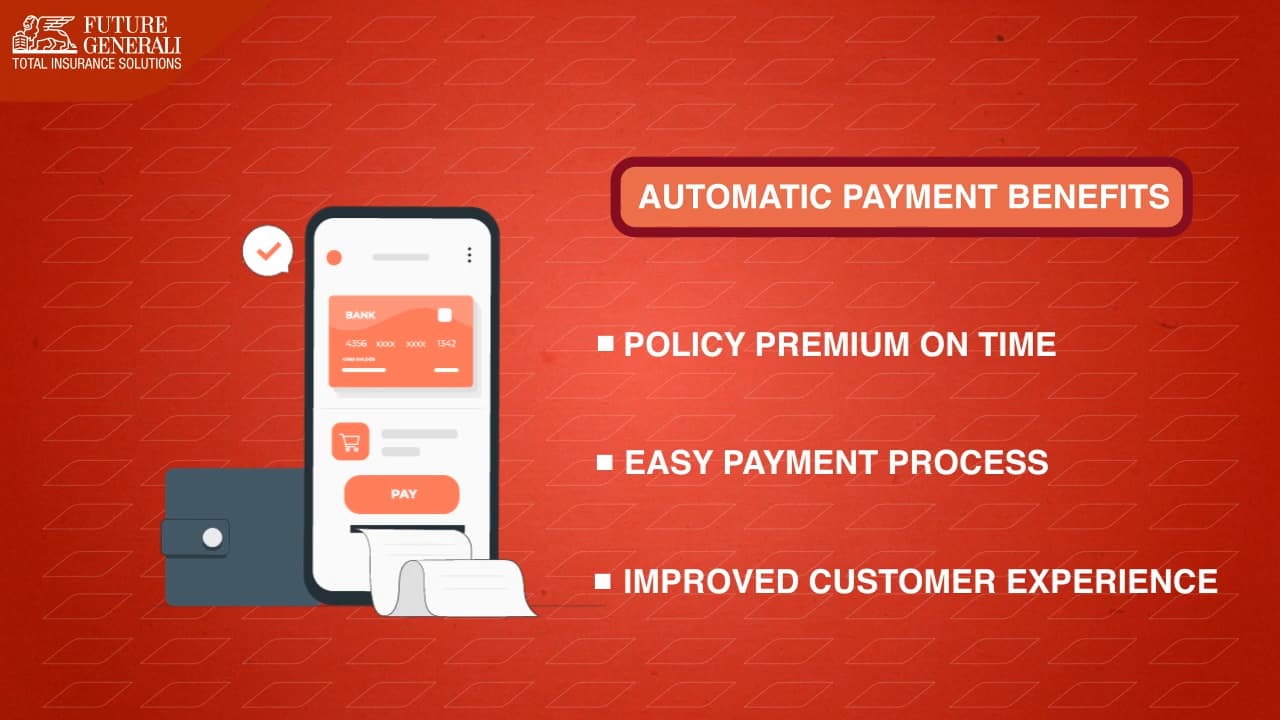From upcycling thrifted clothing to teaching online yoga, freelance side hustles seem to be everywhere these days - and it looks like they’re here to stay. For instance, one popular online retail platform has seen an impressive 72% rise in side hustles1 since the beginning of 2020, with Gen-Z and Millenials making up the majority of side hustlers internationally.
India being one of the largest startup hubs in the world (it has the third-biggest startup2 ecosystem after the US and China) with an entire network of self-starters and small businesses, side hustles are by no means a new trend in the country. With social networking booming across the nation, drawing attention to your goods and services has never been easier. The appeal of doing something that offers a new hobby, a creative outlet, and the possibility of additional earnings becomes hard to resist!
For most side hustlers, this extra cash offers a great opportunity for savings or extra disposable income, making it essential to ensure that your money is being protected for the future. Here, we demystify the financial choices and decisions around side hustles, as we talk to entrepreneurs and experts around the world to understand the main risks and the best advice they have to offer. That way, you can put your fears at ease and get started with your next side hustle today!
Getting Started
Once you’ve got that brilliant business idea, the best way to begin is by doing a survey of the market and asking some key questions about what you can offer that isn’t currently available. Online businesses, home services, freelancing or selling on an e-commerce platform are the most popular forms of side hustle, but the possibilities are endless. Whether you’re keen on a beauty service setup or you want to sell homemade ceramics, there's a side hustle for everyone.
After carrying out research, it’s time to organize your finances and figure out the start-up costs. Certain businesses will require considerable investment upfront. For example, a food services business would probably require a much larger investment to get off the ground. Delivery alone can be costly. For example, if you plan on partnering with delivery apps it can cost around 20-25% of each order value. You’ll need to take that into account when pricing and budgeting for your business plan. On the other hand, some ventures will require very little starting investment. For example, a graphic designer or budding photographer who already owns some appropriate equipment can use their skills to do freelance projects.
It's best to keep track of your side hustle money separately from your personal finances and other professional income to make accounting easier. This way you can ensure you aren’t overspending on source materials and track your monthly income and profits.
The Perks of Side Hustling
Setting up a side hustle can feel like a lot of work, but with freelancers predicted to represent 80% of the workforce by 20303, it’s clear there are plenty of perks. Pooja N, a marketing manager from Bangalore who also runs a small catering business from home says that the process of building a side hustle has helped her grow professionally and develop additional skills: ‘I work in communications, and through my side hustle I've gotten to develop my marketing skills, trying to gain traction for my brand through social media. I also have to do all the photography myself, and I take care of the finances, sourcing and delivery logistics. The responsibility has given me a greater sense of self-confidence and trust.”
The financial returns of side hustling are also a key part of the appeal, with some business owners able to use the money to help grow a deposit for a property, fund a course, or just enjoy some more personal freedom.
The Key Challenges Involved
Some of the most common financial challenges when setting up a new business involve chasing up invoices and staying on top of cash flow, particularly when a single order can cost thousands of rupees. One way to manage this is by holding as little stock as possible, and only ordering what you need.
Being aware of timing and your own limitations is also important, whether that's staying realistic about how much time you can invest in your business, or knowing when is (and isn't) a good time to establish a new venture. Jerilene C, a Mumbai-based freelance creative, was looking to set up dance classes for children but COVID-19 meant her plans were delayed. Others found their supply chains, customer base and funding sources were negatively impacted.
Essential Advice and Life Lessons
With the pandemic still placing a lot of restrictions on individuals and businesses, it’s important to think about what does and doesn’t work. Think about how the "new normal" and how your services can adapt or evolve to survive and thrive.
Some entrepreneurs prefer to work toward their goals with a great business partner. Having someone else on the team rather than going solo can make it easier to keep going when things get challenging. They can also provide a key role as someone to bounce your ideas off and pick you up when you’re feeling flat or overwhelmed.
Although launching any venture comes with the risk of failure (and potential financial loss), finding methods to keep your money secure is an essential part of establishing a side hustle. The most successful business owners recommended being flexible and willing to adapt your business towards a new direction. It's also wise not to invest too much time or money initially, and to be aware of your financial limitations. Using well-established platforms and online banks, particularly for making and receiving payments, is vital, and depending on the type of side hustle, it can be worth looking into certain forms of insurance, helping you guarantee a certain level of personal and financial security as your business grows.
Cover Your Bases
You’ll be investing time, money and effort into a side hustle; make sure it isn’t at the expense of your broader financial goals. While doing your planning and execution for your side business, it’s important to ensure that your and your family’s financial well-being is taken care of. This can involve some simple yet crucial planning and steps such as purchasing term insurance. For example, the Future Generali Term with Return of Premium can protect your family financially in case of death or have the premium returned to the policyholder should the policy lapse. Good health insurance, of course, is also extremely important in case of a future medical emergency - it will save you the burden of debt from huge hospital bills. In addition to these basics, making sound investments such as Future Generali Dhan Vridhi and Future Generali Money Back Savings Plan can really help you meet your financial milestones.





Comments